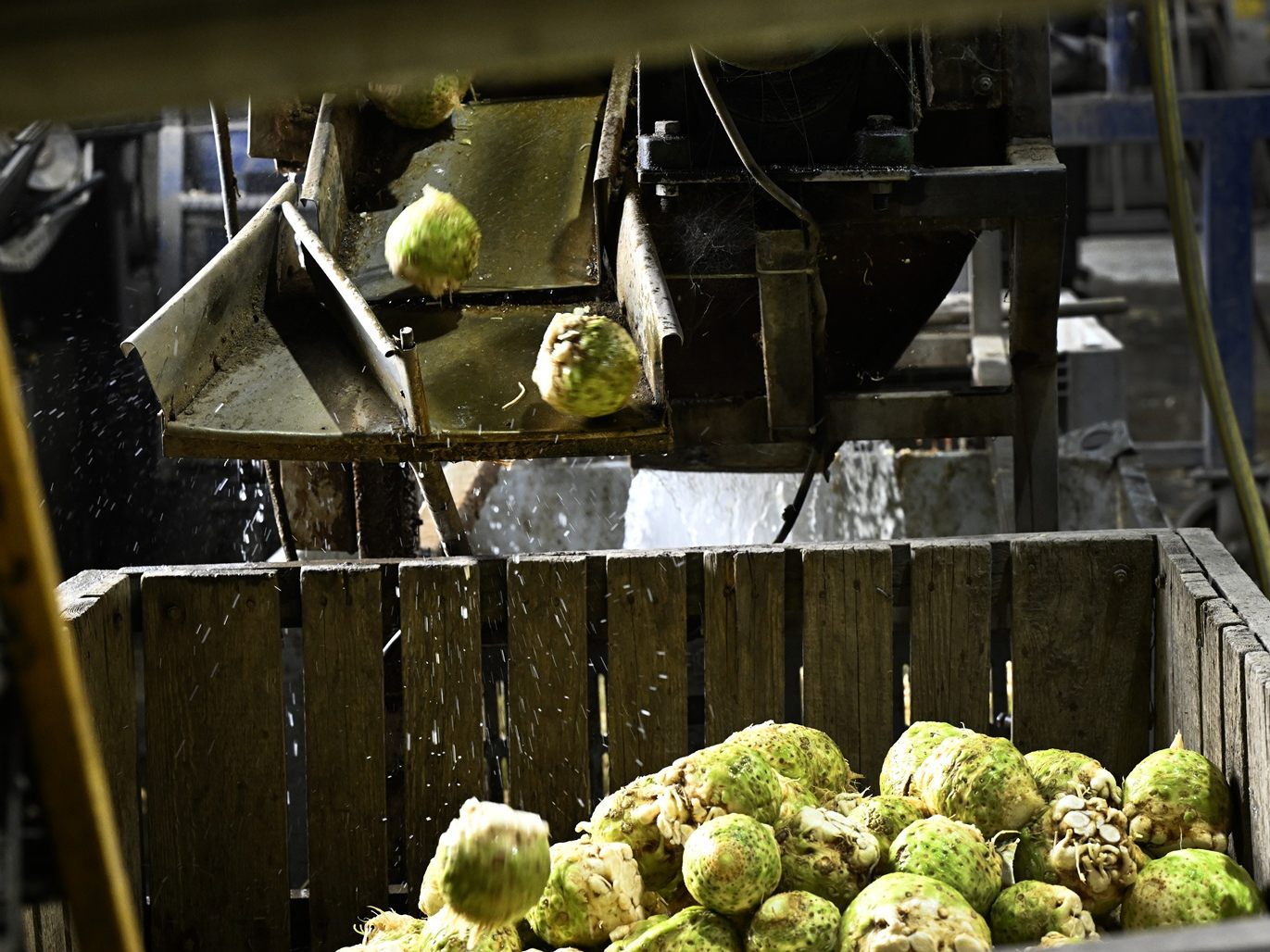Consumers purchased more organic products in the domestic grocery retail sector last year and spent more money on them. After a decline in 2023, the quantity of freshly purchased organic food increased by 5.5 percent in 2024 to a new record high of 260,600 tons, according to the RollAMA household panel. The purchase value rose by 3.7 percent to 1.1 billion euros. The number of organic farms decreased by 1,000 to 24,000 since 2022, according to the industry association Bio Austria.

Austria Lost 1,000 Organic Farmers Since 2022 Austria Lost 1,000 Organic Farmers Since 2022 Austria Lost 1,000 Organic Farmers Since 2022
13-02-2025, 14:34
Organic Farmers More Optimistic This Year
The decline in organic farmers has many reasons, according to Bio Austria chairwoman Barbara Riegler, including less attractive conditions in the new EU agricultural funding period since 2023, farm transitions, retirements, and stricter rules on pasture land management, Riegler said on Thursday at a press conference by AMA Marketing and Bio Austria at the Biofach trade fair in Nuremberg. Organic farmers are more optimistic for 2025. "A stabilizing trend can be seen in farm development," said the representative of the organic farmers.
Organic farming is a success story here for farmers, food producers, and supermarkets. With an organic farmer share of 23 percent in 2024 and an organic land share in agriculture of 27.3 percent, Austria is by far the leader in the EU and ranks second worldwide behind Liechtenstein. At the end of 2022, the Ministry of Agriculture, the Chamber of Agriculture, and Bio Austria set a goal with an "action program" to increase the organic area in Austria to 30 percent by 2027 and to 35 percent by 2030. To achieve this, the organic industry association demands more support from the future government and the new EU Commission.
Demand from Bio Austria Chairwoman
Better "political and economic conditions" are needed for organic farmers, demanded the Bio Austria chairwoman. "Environmental and climate services" of organic agriculture, which "are not reflected in the market," need to be better covered by subsidies. "The consumer cannot pay for this."
In organic farming, farmers refrain from using easily soluble mineral fertilizers and chemically-synthetic pesticides. Additionally, there must be a diverse crop rotation in arable farming and appropriate animal husbandry with access to outdoor areas and grazing opportunities. The data from the so-called RollAMA survey showed an upward trend in organic products in many categories for 2024, following a sales "dip" in 2023. The share of fresh organic foods in the food retail sector increased by 0.5 percentage points to 13 percent in the previous year. "We are convinced that this trend will continue in the coming years," said the organic marketing manager of AMA-Marketing, Barbara Köcher-Schulz, at the Biofach trade fair. For the RollAMA, 2,800 Austrian households record their purchases in the food retail sector, including the discounters Hofer and Lidl.
Different Organic Shares
The value-based organic share in domestic supermarkets is particularly high for milk (29.1 percent), plant-based alternatives (28.2 percent), flour (26.1 percent), yogurt (23.8 percent), fresh vegetables (22.3 percent), and potatoes (20.4 percent). The organic share for meat increased by 0.7 percentage points to 7.6 percent in the previous year, driven by many price promotions. "Organic meat is becoming increasingly important for consumers," said the AMA-Marketing representative.
Industry representatives have seen a significant need for organic catch-up and growth potential for years in domestic gastronomy, large kitchens and canteens, as well as in public procurement. In a resolution, the turquoise-green government committed in 2021 to organic quotas for food purchased by the public sector, such as for schools, hospitals, or correctional facilities. A 25 percent organic share was planned for 2023, 30 percent for 2025, and 55 percent for 2030. So far, the quotas have not been met by a long shot, and the government has not yet been able to provide detailed figures.
Public sector food procurement is the "biggest lever" for the organic industry, said the chairwoman of Bio Austria. "The Austrian legislator must create the framework conditions for organic purchasing," said Riegler towards the future government. Organic farmers and food producers could meet increased demand from the public sector, gastronomy, and the hotel industry.
(APA/Red)
This article has been automatically translated, read the original article .




